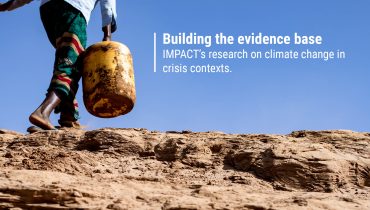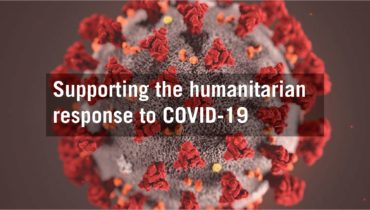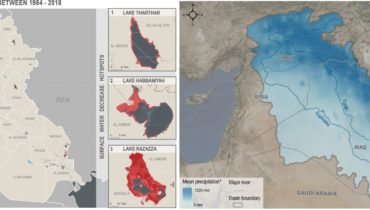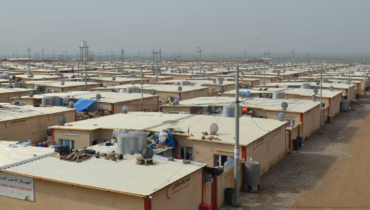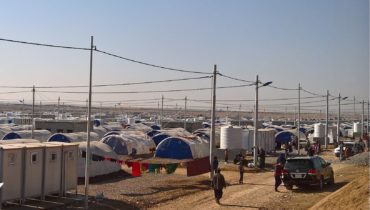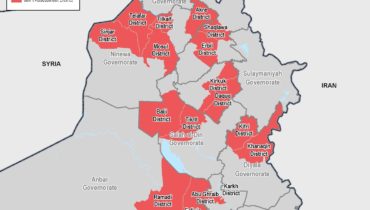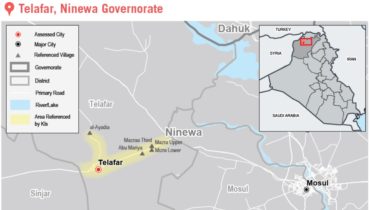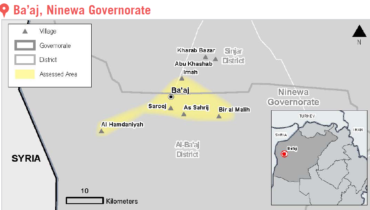Economic Survey of Syrian Refugees in Camps in the Kurdistan Region of Iraq
12 May 2014
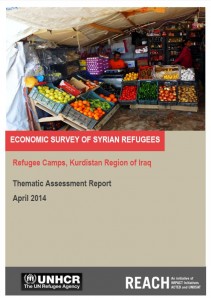 Around 220,000 have found refuge in the Kurdistan Region of Iraq (KRI) including 95,877 Syrians residing in camps located throughout the three Governorates of the KRI.With an increasing number of refugees having lived in these camps for months and in some cases years, the need to understand the different livelihoods strategies used by refugee households to meet their daily needs has come to the forefront. In consultation with the Livelihoods Working Group and the United Nations High Commissioner for Refugees, REACH was mobilised to assess livelihoods across refugee camps in the KRI. This assessment aimed to provide an overview of the livelihoods strategies developed by Syrian refugees living in camps throughout the KRI, while evaluating the relative importance of Cash For Work amongst their income-generating activities.
Around 220,000 have found refuge in the Kurdistan Region of Iraq (KRI) including 95,877 Syrians residing in camps located throughout the three Governorates of the KRI.With an increasing number of refugees having lived in these camps for months and in some cases years, the need to understand the different livelihoods strategies used by refugee households to meet their daily needs has come to the forefront. In consultation with the Livelihoods Working Group and the United Nations High Commissioner for Refugees, REACH was mobilised to assess livelihoods across refugee camps in the KRI. This assessment aimed to provide an overview of the livelihoods strategies developed by Syrian refugees living in camps throughout the KRI, while evaluating the relative importance of Cash For Work amongst their income-generating activities.
The findings presented in this report highlight that a significant proportion of refugees living in camps in the KRI have little to no access to income-generating activities, and those who do can often not manage to fully meet their households’ needs. Most importantly, findings about depleted saving and debt levels highlight the urgency to quickly provide adequate solutions for refugee households who are in an extremely precarious situation and are resorting to negative coping strategies (selling households items/assets; taking loans; etc.) which will have long term impacts on their household.Overall, livelihoods interventions are increasingly crucial as the Syrian crisis becomes protracted and there is critical need to gradually shift the response provided to Syrian refugee households from relief assistance to more sustainable support.
To read more about the situation in KRI and how REACH is contributing to better planning and delivery of assistance for Syrian refugees, visit the Iraq country page.


